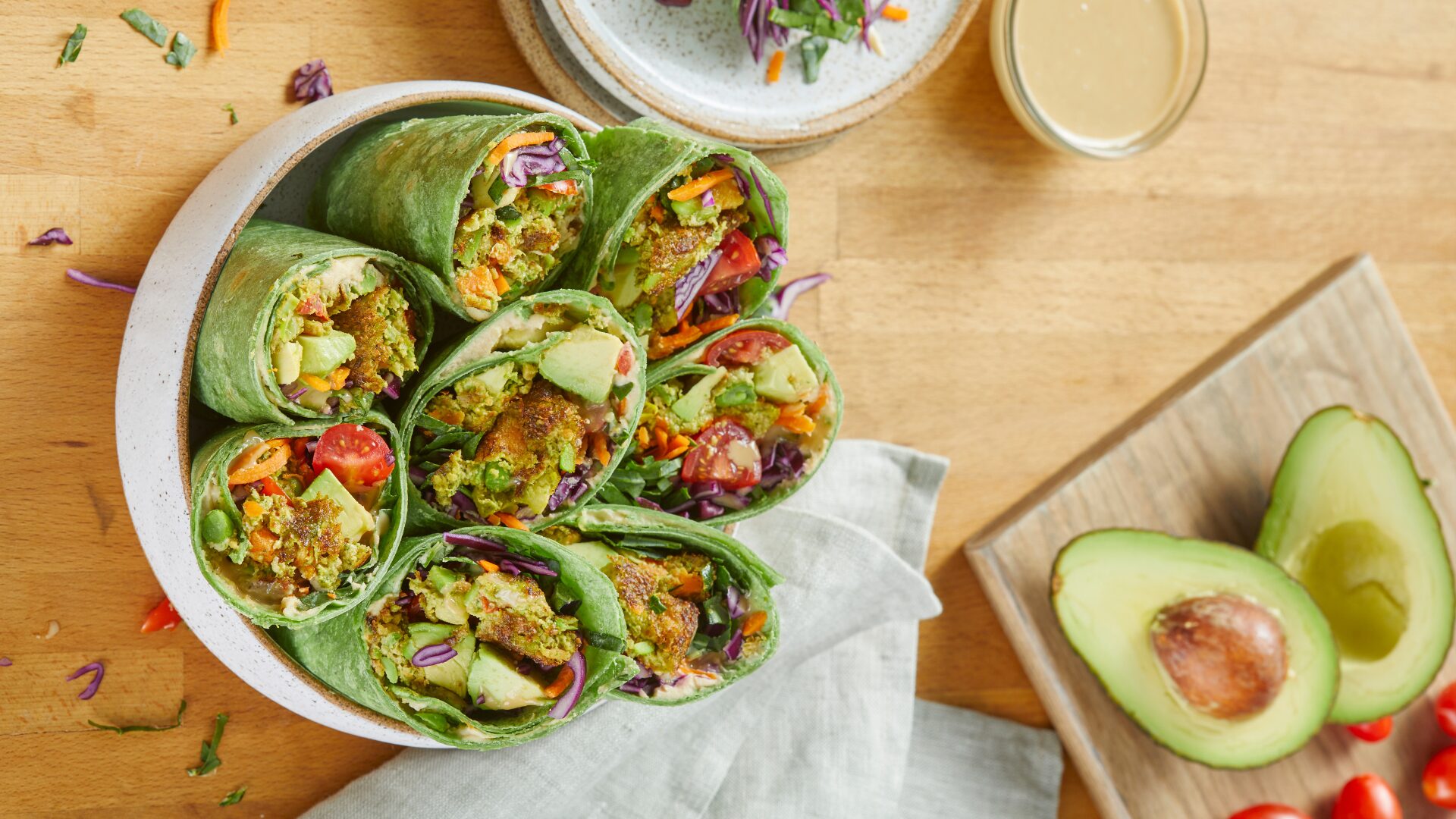Being a “foodie” is now a central component of the Gen Z identity, according to a recent study from Cassandra by Big Village.
According to the report, Young & Hungry, Gen Z considers themselves the “foodie” generation, fueled by a desire to discover new recipes and find inspiration through social media platforms such as TikTok and Instagram.
“Gen Z is truly leaving its mark on everything it touches – and the food industry is no exception,” Kathy Sheehan, senior vice President at Cassandra, said in a press release. “Gen Z is changing the face of the industry, putting a greater emphasis on a holistic approach to food and using it as a way to express themselves.”
The Food Institute explored why this generation has such an attachment to food and what it means:
WHY FOOD IS SUCH A BIG PART OF GEN Z’S IDENTITY
More than half of all Gen Z respondents stated that what they eat is indicative of who they are as a person.
“The way in which Gen Zs define themselves is highly personal,” Sheehan told The Food Institute. “Gen Zs are much more likely than prior generations to say that things like their personal style, their hobbies, and the games that they play, make up who they are, so it is not surprising that food is also a part of their identity.”
As food has become a bigger part of Gen Z’s identity, their food morality has also shifted away from calories as a moral measure for “good” and “bad” food. Instead, younger consumers are prioritizing taste, nutrition, and overall improvement of mental health. In fact, 47% of Gen Z surveyed stated that in the next few years, they will be prioritizing more mental-health-focused eating.
The group is also more adventurous when it comes to eating than previous generations.
“Gen Z experiment in many categories,” said Sheehan. “And when we couple that with the fact they are the most diverse generation ever in the U.S., it makes sense that there is a high level of experimentation and openness to new flavors, textures and combinations.”
SOCIAL MEDIA’S IMPACT
Fifty-three percent of Gen Z respondents also said they find inspiration for new foods through TikTok.
“Social media, especially TikTok, has had a huge impact on introducing new flavors and trends – that a generation ago might have been quite niche – to a mainstream audience of young people,” added Sheehan.
Gen Z is also eager for culinary experiences they can post on their own social media accounts.
“They are looking for things that are new and unique, and experiences that can be captured and shared on their social channels,” said Sheehan.












